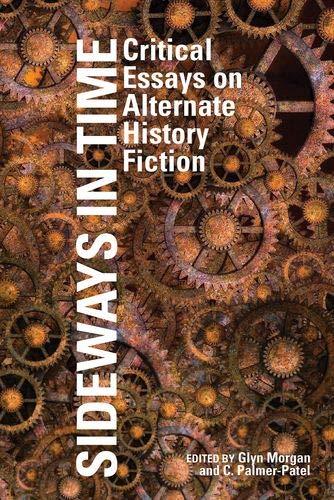
Alternate history is a genre of fiction that, although connected to science fiction, has its own rich history and lineage. With its roots in the writings of ancient Rome, alternate history matured into something close to its current form in the essays and novels of the nineteenth century. In more recent years a number of highly acclaimed novels have been published as alternate histories, by authors ranging from bestselling science fiction writers to Pulitzer prize-winning literary icons. The popularity of the genre is reflected in its success on television, where original concepts have been developed alongside adaptations of classic texts such as Philip K. Dick's The Man in the High Castle. This collection of essays, by both leading scholars in the field and rising stars, seeks to redress an imbalance between the importance and quality of alternate history texts and the available critical scholarship on the genre. The essays acknowledge the long and distinctive history of alternate history whilst also revelling in its vitality, adaptability, and contemporary relevance.
Authors


Librarian Note: There is more than one author in the GoodReads database with this name. See this thread for more information. Adam Roberts (born 1965) is an academic, critic and novelist. He also writes parodies under the pseudonyms of A.R.R.R. Roberts, A3R Roberts and Don Brine. He also blogs at The Valve, a group blog devoted to literature and cultural studies. He has a degree in English from the University of Aberdeen and a PhD from Cambridge University on Robert Browning and the Classics. He teaches English literature and creative writing at Royal Holloway, University of London. Adam Roberts has been nominated twice for the Arthur C. Clarke Award: in 2001, for his debut novel, Salt, and in 2007, for Gradisil.